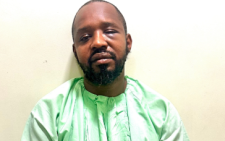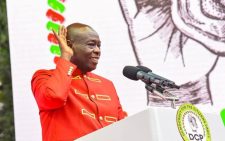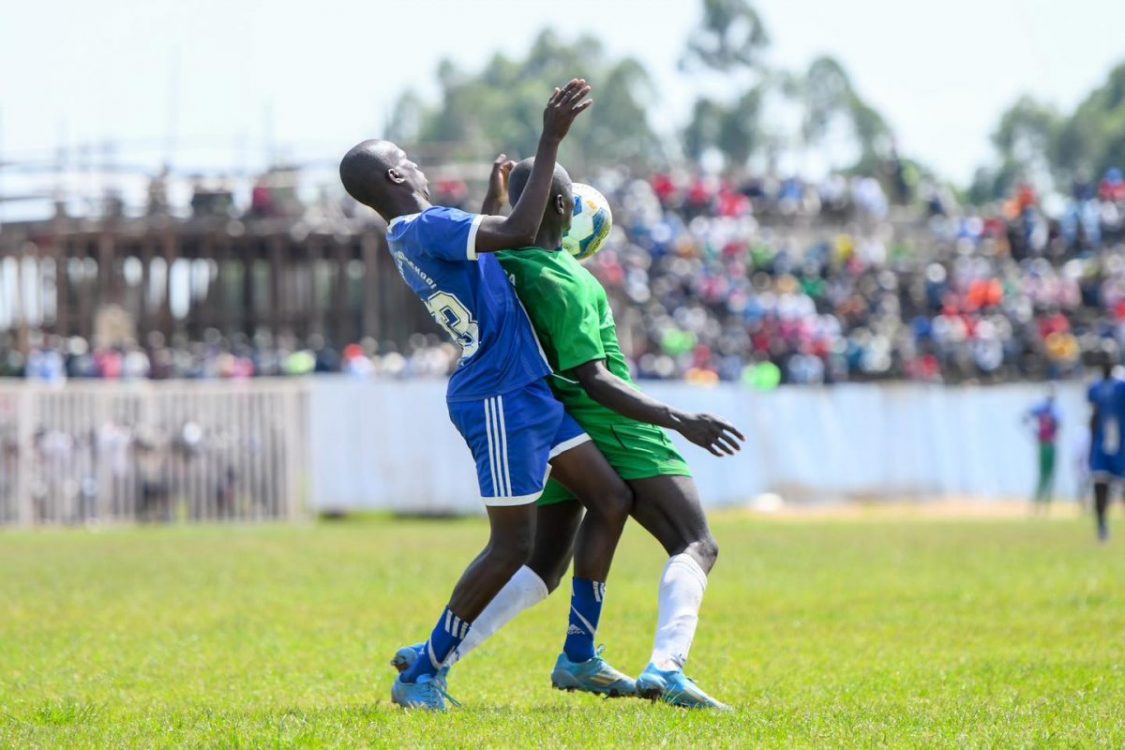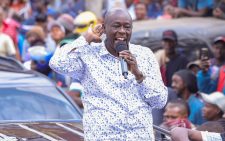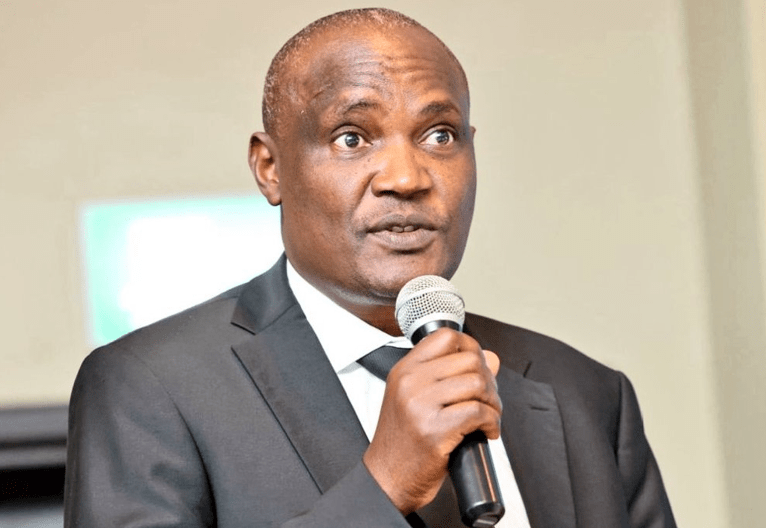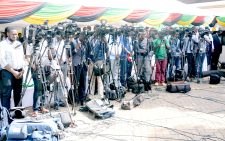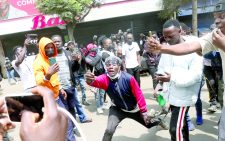Kibera jurist’s words insulting to Kenya’s freedom fighters
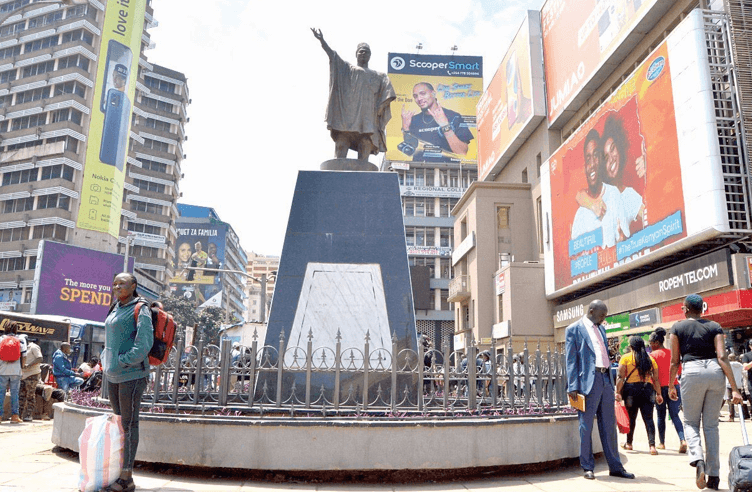
“We train police to kill people, not animals.” These chilling words from Kibra Senior Principal Magistrate Samson Temu last week directed at activist Boniface Mwangi, are not just reckless. They are a brutal insult to every soul who has ever laid down their life for justice, freedom and dignity in Kenya. More than that, they betray a dangerous mentality festering at the heart of our Judiciary and law enforcement, one where power is used not to serve, but to suppress; not to protect, but to punish.
These comments peeled back the veil on a system that sees citizens, especially those who speak truth to power, not as partners in democracy, but as threats to be neutralised. And it is this mentality that fuels impunity, misgovernance, corruption and a general decay in public accountability. Kenya is not an inanimate structure with built-in survival instincts. It is a living organism whose lifeblood is its people. When the state turns its guns, its courts and its institutions against those people, it commits a slow suicide.
Some 159 cases of extrajudicial killings and enforced disappearances were documented in 2024 alone, according to Missing Voices. Out of these, 104 were police-related killings. That is not law enforcement, it is lawlessness. The other 55 were enforced disappearances, a euphemism for state-sanctioned abduction and possible murder. Behind each statistic is a grieving family, a community living in fear and a society steadily losing faith in justice.
How dare a magistrate, paid with taxpayer money, endorse such bloodlust with smug, dismissive arrogance? Where would we be without Boniface Mwangi and others like him? Where would Kenya be without the Mau Mau, whose blood watered the roots of independence? Without the second liberation heroes who were jailed, tortured and killed for standing against the tyranny of single-party rule? Without student leaders, civil society activists, journalists, and whistleblowers who have risked, and lost, their lives trying to make Kenya a better, freer and honest country?
The tree of freedom is watered not just with sweat and sacrifice, but too often with blood. Temu’s remarks are a desecration of that tree. They imply that the State’s right to use force supersedes the people’s right to question, protest and demand better. That is callous, backward and barbaric.
The danger of such remarks cannot be overstated. They embolden rogue officers. They send a message to the security forces that killing is not just tolerated, but encouraged. They deepen the chasm between the State and the citizen, reinforcing the culture of fear that Kenya has struggled for decades to overcome.
To the families of those who have lost loved ones to police bullets or secret kidnappings, this statement is a slap in the face. Temu must apologise publicly, unequivocally and immediately. Not just to Boniface Mwangi, but to the many Kenyans who have paid the ultimate price for freedom. Anything less is complicity.
The rule of law is not upheld by judges who boast about violence. It is upheld by those who see the Judiciary as a sanctuary of justice, not an extension of State repression.
The writer is a PhD student in International Relations
